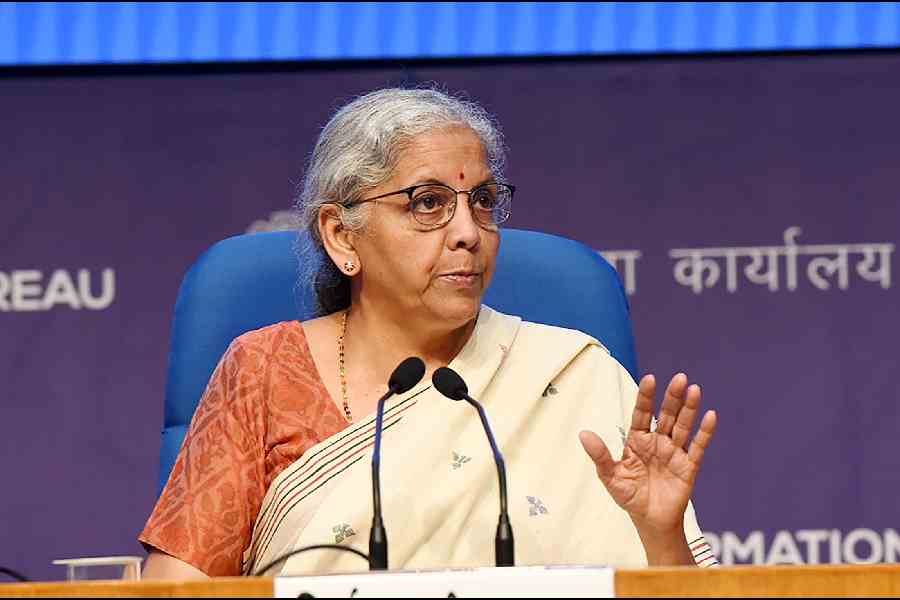Finance minister Nirmala Sitharaman is gearing up to unveil the first full budget of the Modi 3.0 government, which is likely on July 22. This will kick off the monsoon session of Parliament.
Sitharaman will have to grapple with several challenges in her budget: she will have to provide incentives to sustain the growth momentum with real GDP forecast to rise 7.2 per cent this fiscal. At the same time, she will have to address lingering concerns over a fair distribution of funds across ministries, schemes and sectors.
Sitharaman may need to tweak policies to ensure a wider participation in the growth story. This could involve lowering individual taxes or increasing social spending on the most vulnerable.
Economists expect a continuation of the government’s reform agenda, focusing on fiscal consolidation and growth-boosting initiatives without igniting inflation.
Investors are keenly watching for signs of continued fiscal prudence. Sitharaman’s success in bringing the deficit down to 5.6 per cent of GDP in 2023-24, after a pandemic-induced high of 9.3 per cent in 2020-21, is a positive sign. The market is seeking further clarification on the path towards the targeted 4.5 per cent deficit in 2025-26.
The finance ministry has solicited suggestions on direct and indirect taxes from trade and industry associations that have to be sent to the ministry by June 17.
The suggestions could include changes in the duty structure as well as in direct and indirect taxes along with measures to broaden the tax base.
Changes in customs and excise duties need to be justified with data on production, prices and revenue implications of the changes.
The request for correction of the inverted duty structure would have to be supported by value addition at each stage of commodity manufacturing.
The ministry is looking for suggestions on a number of areas in direct taxes such as reducing compliances, providing tax certainty and bringing down litigations. The government policy in the medium-term is to phase out tax incentives.
Growth hurdles
India needs to grapple with “unfavourable” factors like slowing globalisation, divisive world politics and the raging issue of climate change, Chief Economic Adviser V Anantha Nageswaran said on Friday.
China, which grew at almost double digits between 1980 and 2015, did not have to contend with these factors, he said, addressing the Federation of Automobile Dealers Association in Mumbai.











